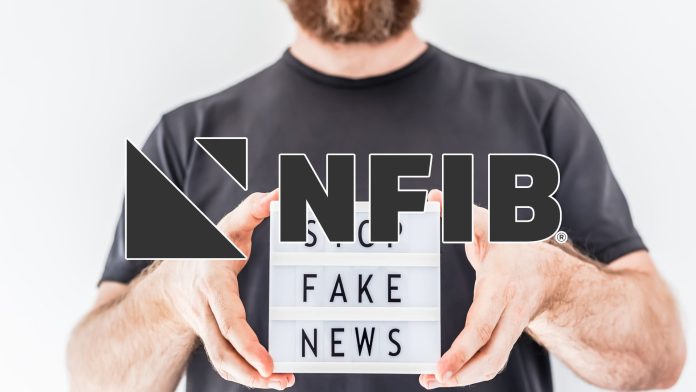An alarming case of COVID-19 fraud has culminated in the sentencing of Jasmine Unique Mallard-McCarter, a 30-year-old resident of Eastvale, California, who received a seven-year prison term for orchestrating a scheme that defrauded federal and state agencies out of approximately $1.7 million. Mallard-McCarter’s case serves as a stark reminder for small business owners to remain vigilant against fraud, particularly in the context of pandemic-related relief programs.
Mallard-McCarter, also known by her online handles “JassyMC” and “EliteRealEstateandBusiness,” pleaded guilty to conspiracy to commit wire fraud earlier this year. U.S. District Judge Maame Ewusi-Mensah Frimpong imposed the sentence and ordered her to repay $1,765,407. Her fraudulent activities included impersonating individuals to apply for jobless benefits and federal loans, utilizing the personal information of co-conspirators to file applications for which they were not eligible.
In a troubling twist, Mallard-McCarter promoted her services on Instagram, charging fees to clients seeking assistance in navigating the application processes for government benefits. She also brokered counterfeit identification documents, enabling others to exploit these systems without detection. “I’ve got the skills to make getting benefits as easy as possible,” she boasted in her social media posts, showcasing a dangerous blend of confidence and criminal intent.
The implications for small business owners are significant. As government programs were implemented hastily during the pandemic to provide economic relief, the risk of fraud increased. Small businesses, particularly those that sought assistance, may find themselves inadvertently entangled in fraudulent schemes if they do not exercise due diligence in their applications and partners.
Mallard-McCarter’s tactics highlight the critical importance of verifying any third-party assistance and ensuring that the information submitted is accurate and legitimate. The use of social media as a platform for fraudulent activities underscores the need for business owners to educate themselves about potential scams and fraudulent services that operate under the guise of support.
The ramifications of such fraudulent behavior extend beyond individual businesses. As the U.S. Department of Justice (DOJ) noted, efforts to address COVID-19 fraud have been organized through the COVID-19 Fraud Enforcement Task Force. This initiative aims not only to bring perpetrators to justice but also to safeguard resources meant for businesses and individuals genuinely in need of assistance. The Task Force utilizes a coordinated approach involving various government agencies to detect and combat fraudulent activities.
Andrew Brown, an Assistant United States Attorney involved in the prosecution of Mallard-McCarter, emphasized the ongoing commitment to rooting out fraud. “The resources of multiple agencies are being harnessed to address this issue comprehensively,” he stated, reassuring small business owners that efforts are being made to protect legitimate claims for relief.
Despite heightened enforcement, businesses should remain aware of the potential for challenges in securing government aid. The speed at which relief programs were rolled out means that regulatory oversight may still be catching up. Small business owners should be cautious and ensure that they’re working with credible sources when applying for any form of financial assistance.
Additionally, the pandemic has given rise to various scam tactics, where fraudsters continue to refine their methods. Mallard-McCarter’s case exemplifies the need for heightened alertness among business owners, who are encouraged to report any suspicious activities to authorities. The DOJ has set up a hotline and online complaint forms specifically for fraud related to COVID-19, offering a pathway for business owners to contribute to the fight against such crimes.
In a time when many small businesses are still recovering from the economic downturn caused by the pandemic, safeguarding financial integrity is crucial. Awareness and education around government programs can significantly reduce the risk of falling victim to fraudulent schemes. Business owners should take proactive steps to protect themselves and contribute to an environment where critical resources are preserved for those genuinely in need.
For more on the ongoing efforts to combat fraud related to COVID-19 assistance, you can visit the U.S. Small Business Administration’s press release.
Image Via Envato: nzooo



